‘Wellbeing washing’. A term I hadn’t heard of but I totally get it!
Research finds that only a third of employees deem workplace mental health support good enough, despite employers publicly supporting awareness days and events
More than a third (35 per cent) of businesses are ‘wellbeing washing’ – the practice of firms supporting mental health publicly but not supporting the workforce internally – according to employees, a new study has revealed.
The research, conducted by Claro Wellbeing, found seven in 10 (71 per cent) workplaces celebrated mental health awareness days, but only a third (36 per cent) of organisations’ mental health support was deemed good or outstanding by their employees.
The survey of 1,000 employees, found that more than a third (35 per cent) of businesses recognised mental health on social media and through events, but just 30 per cent saw their employer as “considerate” of their mental health.
Emma Gage, wellbeing campaign manager at Business in the Community, said that while employers marking mental health awareness days is positive, “pressure and workload” are still common stressors in the workplace and will likely worsen in the economic climate.
“With the cost-of-living crisis, we know that many employees may be experiencing increased pressure, stress, and anxiety as we approach the winter months,” said Gage, adding that employers need to ensure their “wellbeing policies and ways of working support all employees through the next few months and beyond”.
The research found that under half (49 per cent) offered employees access to a helpline, while 44 per cent offered counselling and almost two-fifths (39 per cent) had mental health first aiders.
Dannielle Haig, principal business psychologist at DH Consulting, suggested that mental health awareness and support will come from the top down. “Show your team that it’s okay to look after your wellbeing and encourage others as well,” Haig said, adding that one of the best ways to reduce overall anxiety and burnout at work is to “communicate, share the wins and the losses, and build a team community”.
The study follows a recent analysis by MHR
The Employee Assistance Professionals Association (EAPA) has urged employers to remember that employee assistance programmes (EAPs) were “never intended to be the whole solution” amid growing concerns about rising mental health problems.
In a statement for World Mental Health Day today (10 October), Lou Campbell, employee counsellor, wellbeing coach and programmes director at Wellbeing Partners, claimed HR professionals have been forced to seek alternatives to “overstretched” employee assistance providers.
Campbell said many workers were being “palmed off” as a result, and HR teams were being called upon to support “distraught employees”.
The analysis by MHR found three in five (62 per cent) employees believed their employer did not care about their mental wellbeing, with more than half (55 per cent) feeling pressured to hide their mental health concerns at work.
When considering the most effective help, a third (34 per cent) of respondents said financial support from their employer would be better for their wellbeing than flexible working.
Mental health impacting careers
In another survey three-quarters of employees say their mental health is impacting their career, research reveals, but a third do not expect support at work. In the survey of 400 UK-based workers at large businesses, carried out by Unmind, 74 per cent said mental health had impacted their career; however, 32 per cent said they did not expect any mental health support at work.
Nearly three in five (59 per cent) also said they found it hard to fit mental health and self-care practices into their day, with almost two in five (37 per cent) noting a lack of time as the reason behind this.
About P3 Business Care
P3 Business Care is a Community Interest Company and social enterprise operating across the UK. Supporting your business on a weekly basis we provide personal and proactive care to your employees working in partnership with the company. Our Business Partners visit your business weekly developing trust & relationships so we can identify and address issues before they become crisis, absence, or staff turnover. Read more about our services here

